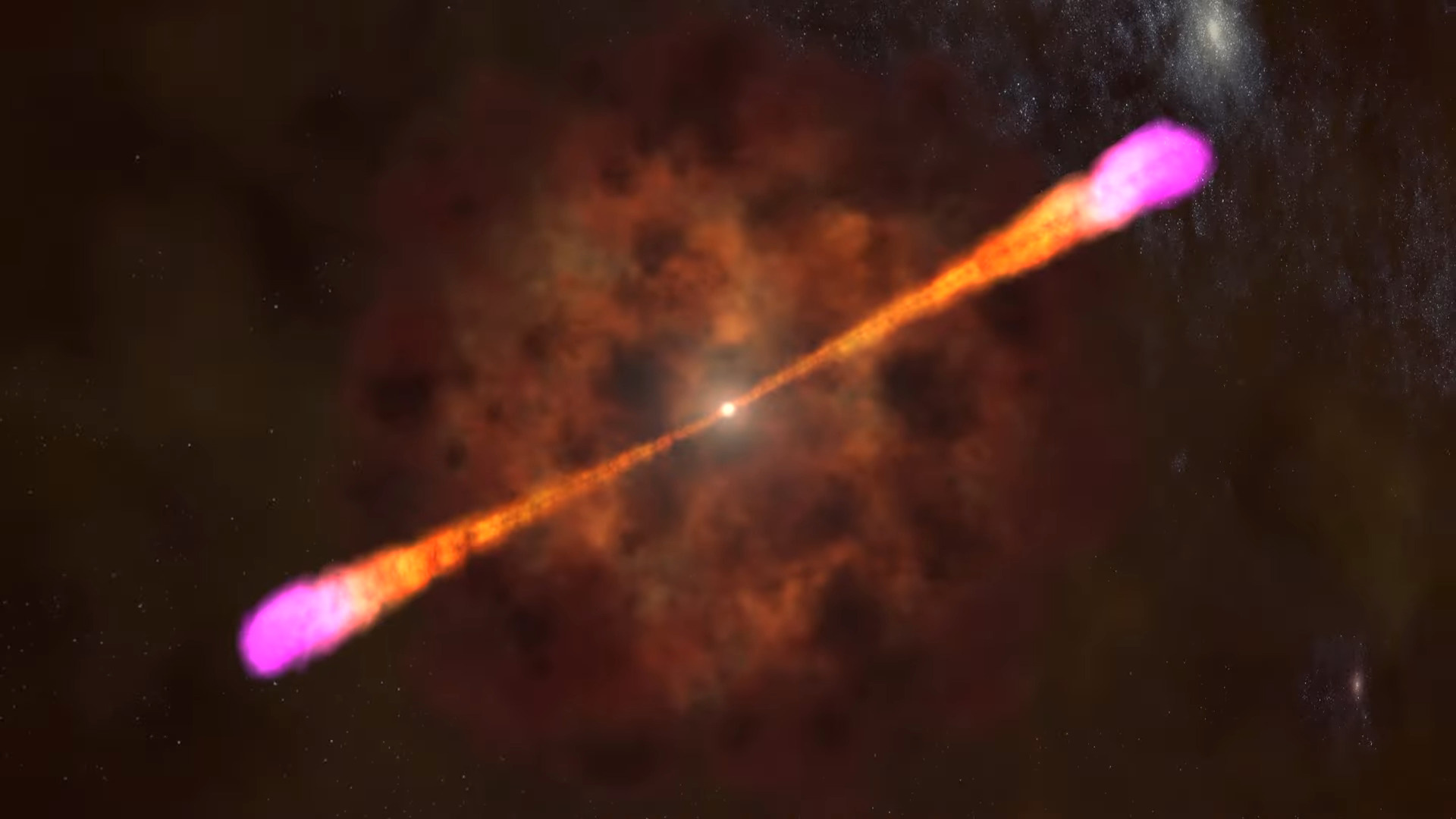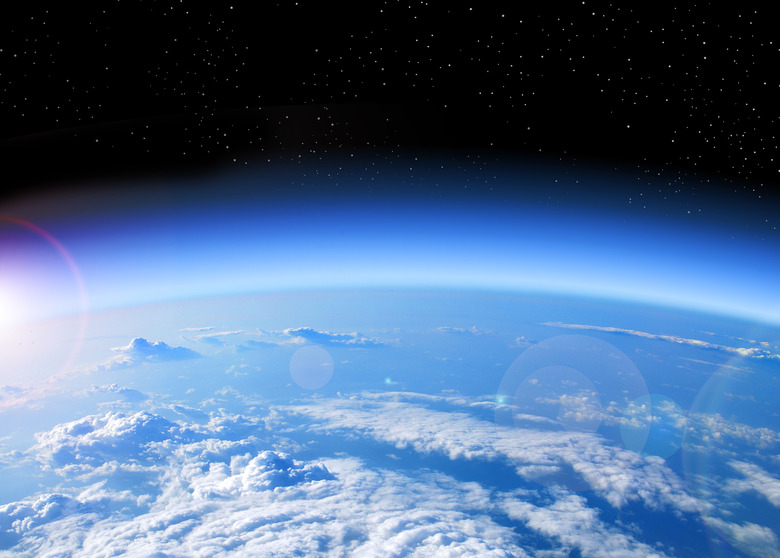A Supernova Devastated Our Ozone In 2022, New Study Reveals
In October of 2022, telescopes picked up a jet of high energy from a supernova that exploded 1.9 billion light-years away from Earth. This gamma-ray burst is considered the brightest of all time, and now researchers say it caused immense damage to Earth's ozone for a few minutes when it hit.
"The ozone was partially depleted — was destroyed temporarily," Pietro Ubertini, an astronomer at the National Institute of Astrophysics in Rome, explained to The New York Times. The researcher's new paper on the astronomical discovery is published in Nature Communications. According to Ubertini, if the supernova had happened closer to Earth, it could have caused a catastrophic event.
Still, the discovery that a supernova that far away was able to rip away some of Earth's ozone and damage it, even for just a few minutes, shows just how fragile the protective measures of our planet are. The ozone is something that we've long struggled not to damage, and in the past, we've even had to contend with holes in the ozone caused by humanity's activities – like burning fossil fuels.

Additionally, simulations of supernovas within the Milky Way have shown that a gamma ray burst could be capable of wiping out the stratospheric ozone layer for several years, causing widespread extinction across multiple species of animals and plant life – not to mention the damage it could cause to humanity as a whole.
The researchers say that it is uncommon for far-off cosmic events like this supernova to cause damage to the ozone and disrupt our atmosphere. Fortunately, this one was so far away that the damage it caused wasn't lasting, and it acts more as a scientific curiosity than a longstanding issue we need to learn to contend with.
Learning more about how our planet and its various natural systems correspond to cosmic events is important, and this supernova damage to the ozone only helps highlight just how fragile our little blue marble is in the grand scheme of things.
